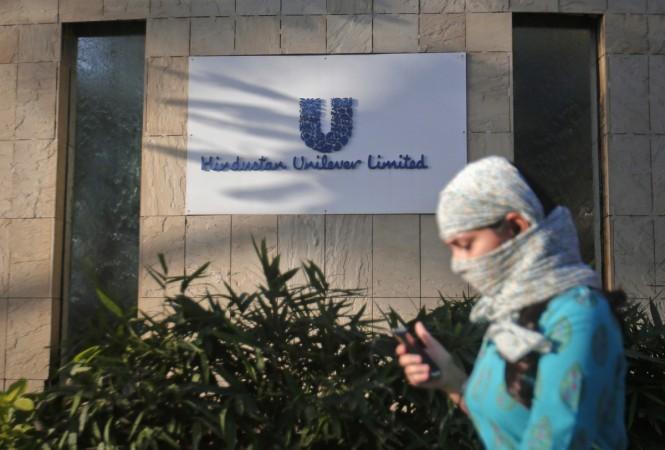
The central profiteering watchdog has ordered Hindustan Unilever Ltd (HUL) to pay a fine of Rs383 crore for failing to reduce the maximum retail price (MRP) of products after last year's GST rate cut.
The National Anti-Profiteering Authority (NAA) rapped the consumer products giant for keeping the prices unchanged after the government reduced the Goods and Services Tax rates for several items to 18 percent from 28 percent on November 15, media reports say.
Of the amount, HUL has been ordered to put half the amount – Rs191 crore – in the central Consumer Welfare Fund (CWF) and the balance in the similar funds of 35 states and Union territories.
Following the order, the company deposited Rs160 crore in the central CWF, the Business Standard has reported.
The company was reviewing the order and would explore all "possible" options, the report said quoting a spokesperson of the HUL.
"In the absence of set rules and guidelines on profiteering, we have gone by the spirit of the law, and we passed on the entire benefit received under the GST to consumers – either through a reduction in prices or increase in grammage," the spokesperson said.
According to the authority's calculations, the company unlawfully profited by about Rs535 crore and the amount of Rs383 crore was arrived at after taking into some deductions. Among the deductions, NAA allowed was HUL request to offset Rs68.7 crore for an increase in the size of product presentation.
Some tax experts said there was no method prescribed in the GST law to calculate the undue profit and NAA's order was surprising. "The problem that India Inc faces is how to comply with anti-profiteering rules. That's because no rule exists," a consultant told the website.
"Though contrary to an earlier order by the authority, where passing on benefits by an increase in quantity was disallowed, the deduction allowed in this order appears to be the correct interpretation," the report said citing Harpreet Singh, partner, KPMG.
The report quoted MS Mani, partner, Deloitte India, as saying any decision that did not consider the overall cost, weight, size, and package aspects might be challenged in the absence of a framework or methodology to determine how GST rate reductions or increase in input tax credits should be passed on.

















